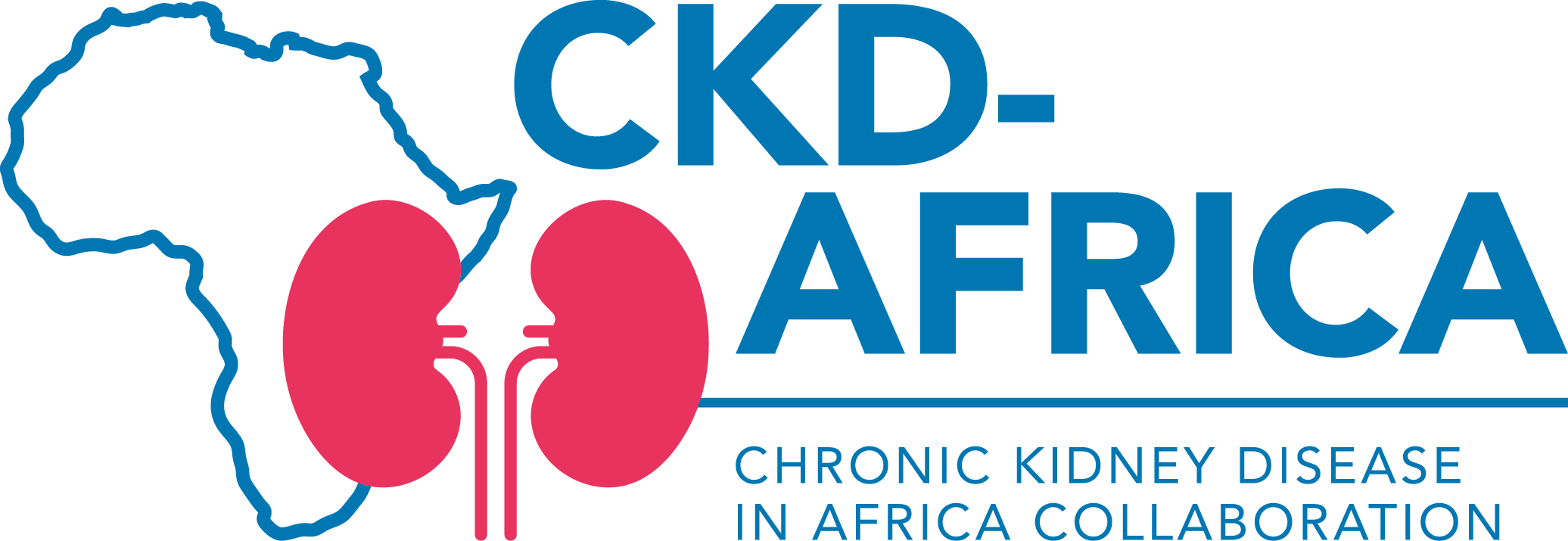The Chronic kidney disease in Africa (CKD-Africa) Collaboration is proud to announce the launch of their new website, going live today, the 4th April 2022.
Chronic Kidney Disease (CKD) remains one of the leading causes of morbidity and mortality globally, being especially rife in low- and middle-income countries (LMICs) and continues to rise within Sub-Saharan Africa. The illness disproportionately affects people of African ancestry, who develop the illness at a younger age and have a more rapid progression towards kidney failure.
The Non-Communicable Diseases Research Unit (NCDRU) of the South African Medical Research Council (SAMRC) has championed the formation of the CKD-Africa Collaboration with this exciting initiative being led by Dr Cindy George. The CKD-Africa Collaboration, of which the formation was described in the paper entitled “The Chronic Kidney Disease in Africa (CKD-Africa) collaboration: lessons from a new pan-African network” published in the BMJ Global Health journal, is a network that pools individual participant data from existing African CKD-related studies with an overall goal of providing comprehensive evidence on the burden of CKD on the continent.
Supported by the National Research Foundation’s (NRF) Thuthuka Funding instrument, the collaboration brings together almost 50 researchers from Africa, Europe and USA, all of which are actively engaged in kidney-related research projects across Africa. The 13 African countries currently involved in the consortium includes Egypt, Uganda, Kenya, Seychelles, Tanzania, Burundi, South Africa, Republic of Congo, Cameroon, Nigeria, Ghana, Democratic Republic of Congo, and Burkina Faso and to date the consortium has curated data from nearly 40,000 individuals.
The website aims to continue building the network, through attracting further collaboration as well as conveying the findings from the network. Information related to the current participating studies, network structure, eligibility criteria and scope of variables as based on the World Health Organisation (WHO) STEPwise Approach to non-communicable disease risk factor Surveillance (STEPS) Instrument are described.
Through collaboration and shared objectives, we can reach our goals which is towards the betterment of the health and well-being of all Africans.
The website can be accessed at the link http://ckd-africa.samrc.ac.za
Do have a look.

